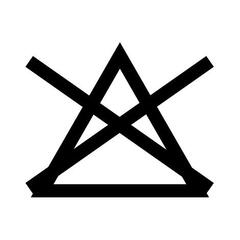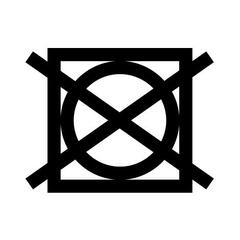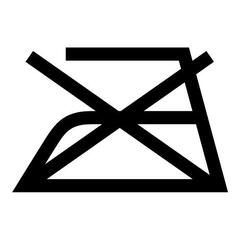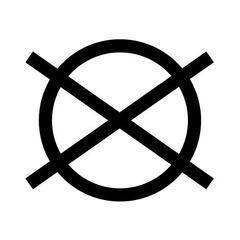What is the living area of the ARPENAZ 5.2 FRESH & BLACK tent made up of?
The 5 m² living area of the ARPENAZ 5.2 FRESH& BLACK tent is 2 m high.
This tent includes several accessories:
- A circular groundsheet that can be lifted up and put at the entrance in case of rain;
- A transparent window with shutter;
- An insect-proof window with a shutter;
- Storage pockets in the bedrooms and living room.
What is the width of the sleeping area in the ARPENAZ 5.2 FRESH & BLACK tent?
The large bedroom in the ARPENAZ 5.2 FRESH & BLACK camping tent is designed to accommodate up to three 70 cm-wide mattresses.
The small bedroom is designed to fit up to two 70 cm-wide mattresses.
The partition wall between the two bedrooms can be removed to form a large five-person bedroom.
How to put up and take down the ARPENAZ 5.2 FRESH & BLACK tent?
All-in-one frame structure with pre-assembled bedrooms and flysheet.
The three coloured poles are to be inserted into their respective sleeves. Then make taut by positioning the poles in the black end pieces located below the flysheet. Drive in the V-shaped pegs at the two back corners, then pull the tent forwards. Then drive in the pegs at the two front corners.
We recommend that 2 people pitch the tent.
Floor surface area with guy ropes: 27m2
How our Fresh & Black technology keeps your ARPENAZ 5.2 FRESH & BLACK tent cool and dark
Cooler and darker for better sleep!
Fresh & Black is a technology patented by Decathlon that allows us to reflect the sun's rays and insulate from the light thanks to specific materials.
This reduces the sensation of heat in the tent and makes it darker.
To get the most out of this technology, don't forget to ventilate your tent at night!
Does the ARPENAZ 5.2 FRESH & BLACK tent provide protection from the sun?
Our Fresh&Black technology relies on a UPF 50+ sun protection fabric.
Caution: be careful, as a large amount of UV rays can get in through a simple open door.
How does the ventilation work in the ARPENAZ 5.2 FRESH & BLACK tent?
The ventilated flysheet over the living area provides ventilation and reduces condensation inside your ARPENAZ 5.2 FRESH & BLACK tent.
The living room is fitted with a mosquito net.
Each bedroom has:
- an upper air vent outside;
- a large lower air vent inside.
How wind resistant is the ARPENAZ 5.2 FRESH & BLACK tent?
We test all our tents in a wind tunnel on a turntable. The aim is to expose each side of our tent to the same wind intensity.
Properly pitched, with the guy ropes deployed, this tent remains habitable in wind speed 6, measured at 50 km/h.
How waterproof is the ARPENAZ 5.2 FRESH & BLACK tent?
We test our tents to validate their waterproofing.The first test is carried out in a laboratory for 3h. The tents are placed under 200L of water per hour and per m², the equivalent of 200 mm/h of tropical rain.The second test is carried out in the field, under real conditions. The ARPENAZ 5.2 FRESH & BLACK tent is equipped with a polyurethane-coated polyester flysheet that has a waterproof rating of 2,000mm.It also has seams taped using heat-sealed strips and a 140 g/m² polyethylene groundsheet.
Is the ARPENAZ 5.2 FRESH & BLACK tent repairable?
Our Arpenaz 5.2 Fresh&Black tent will accompany you on your camping trips.
Over time, some parts may wear out or break.
To help with repairs, we make the most common parts accessible to you to make them easy to replace.
Find all the information in the after-sales card.
Don't throw away, repair !
What are the poles and pegs like on the ARPENAZ 5.2 FRESH & BLACK tent?
Poles - All our poles are made from fibreglass and undergo double quality checks. This guarantees some of the best resistance against breakage.
Tent pegs - All our pegs are made of steel and have a diameter of 6 mm.
How to look after the ARPENAZ 5.2 FRESH & BLACK tent?
Our camping tents have been designed for occasional outdoor use (4 weeks per year) when camping or in the great outdoors. Continued exposure to UV rays over several weeks can damage the fabric. These products are not classified as “garden furniture” and aren’t designed to be left outdoors permanently. To guarantee maximum durability of your tent, it's important to store it when not in use.
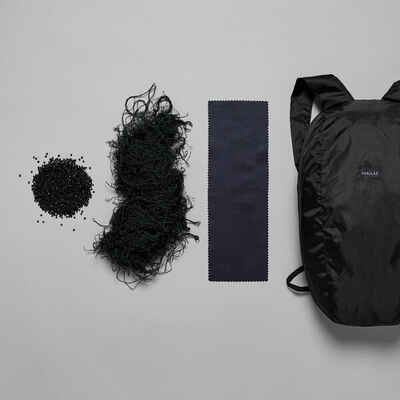 Process
Process Process
Process
